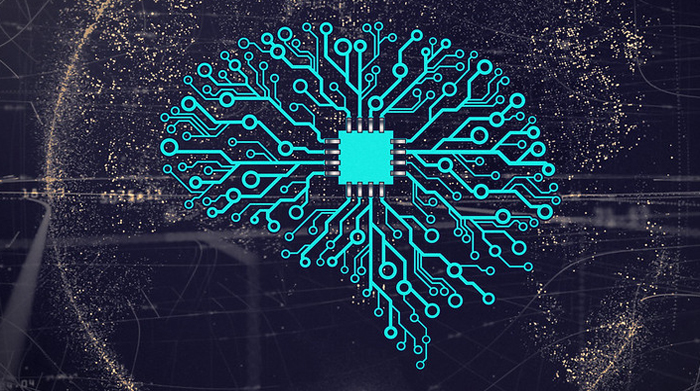AI Energy Demand Puts Power Grids at Risk

Image courtesy of Mike MacKenzie under Attribution 2.0 Generic License, resized to 700 x 391 pixels.
As I’m sure you’re aware, artificial intelligence (AI) is rapidly coming to the forefront of modern society, but the resulting AI energy demand could be problematic for the grid. AI offers a tremendous number of benefits, but the more it’s incorporated into daily life and business, the more potential strain it could place on the grid. Let’s take a closer look at this dichotomy.
The Ins and Outs of the Potential AI Energy Demand Risk
On the one hand, utilities are starting to utilize AI to operate the grid more reliably – beneficial features include the ability to improve the accuracy of load and weather forecasting, the ability to optimize predictive maintenance, enhanced methane-leak detection capabilities, and the acceleration of storm response, among others.
Unfortunately, with this added functionality comes an increased power requirement. In fact, experts predict that global AI energy demand (excluding China) could approach a whopping 20 GW in just 5 years. That’s an increase of over 400%, as AI is currently estimated to represent 4.3 GW of global power demand (30-45% of which is attributable to the U.S.). This is in addition to other downsides, such as increased cybersecurity risk and privacy concerns.
The demand part of this equation is troublesome because the grid is already straining to meet demand, and there are no models predicting that energy demand will be decreasing during our lifetimes. And, unfortunately, although industry experts have the wherewithal to sound the alarm, no obvious solutions have been identified that can be quickly put into place.
The implication is that the introduction of new and innovative technology will be necessary to allow AI to operate in a more energy-efficient manner. Real-world solutions are still to be determined, but this is not for a lack of trying – for example, the EPRI has been involved in more than 70 projects utilizing AI so far.
In the end, my guess is that artificial intelligence will offer more good than bad, but the increased strain on the grid from AI energy demand – and the development of solutions to combat this – is something worth monitoring.



